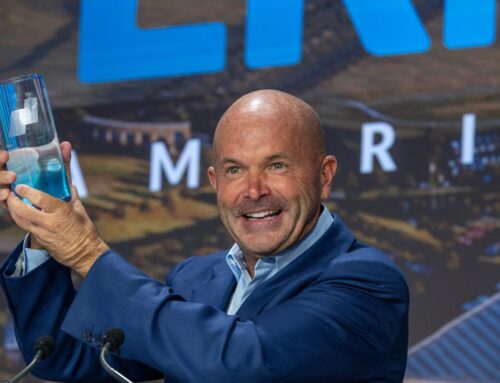Holmes Rolston III, Pioneer of Environmental Ethics, Dies at 92
June 2, 2025
He began his career as a pastor. But he was forced out of his congregation in 1965, which led to a new life pondering the value of nature.
A life-defining moment for the environmental philosopher Holmes Rolston III came when he was forced out as pastor of the Presbyterian church in rural Rockbridge Baths, Va., in 1965.
It was a painful setback, prompted by his passion for science and the time off he took for hiking jaunts in the Shenandoah hills — pursuits that did not square with his conservative congregation’s view of a minister’s role.
But the dismissal propelled him on to a restless intellectual and spiritual journey, with stops as a trained theologian and a natural historian, until, as a newly minted philosophy professor, he posed a question that had been unasked or routinely dismissed since before Plato: Does nature have value?
His answer — that nature has intrinsic value apart from that derived from human perspectives — appeared in a groundbreaking essay in 1975 that launched his career as the globally recognized “father” of environmental ethics and, in tune with rising public concern about land, air, water and wildlife, heralded what the philosopher Allen Carlson called the “environmental turn” in philosophy after millenniums of neglect.
Professor Rolston died on Feb. 12 at his home in Fort Collins, Colo. He was 92. His death, which was not widely reported at the time, was confirmed by his daughter and only immediate survivor, Shonny Vander Vliet.
Professor Rolston’s essay “Is There an Ecological Ethic?” was published in the prestigious journal Ethics. It was the first major article in a philosophical journal to accord value to nature.
Search
RECENT PRESS RELEASES
Related Post



